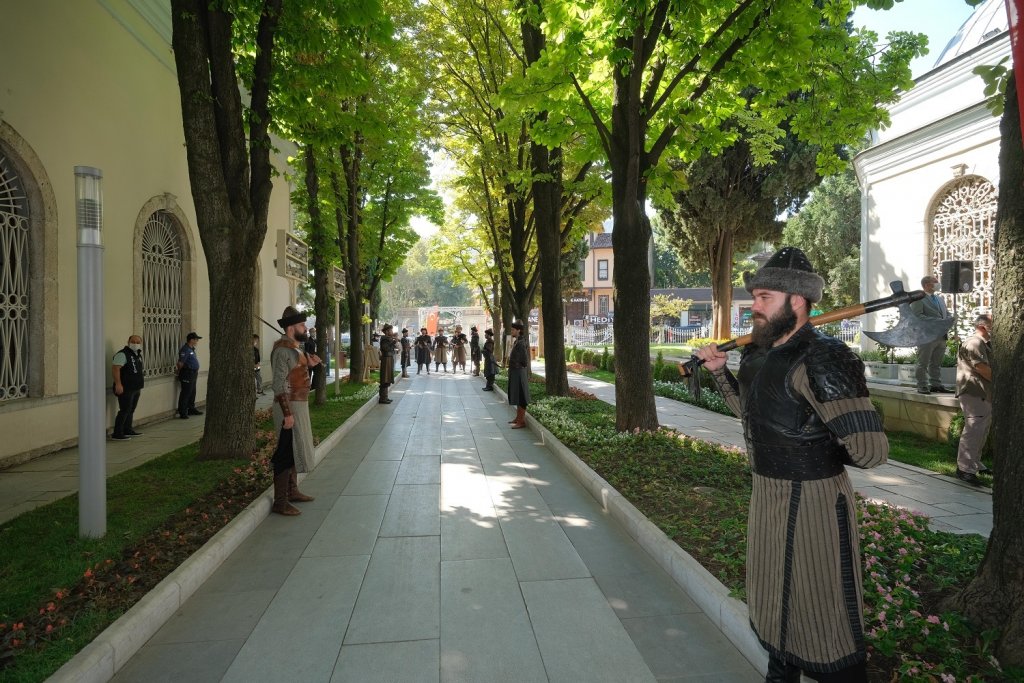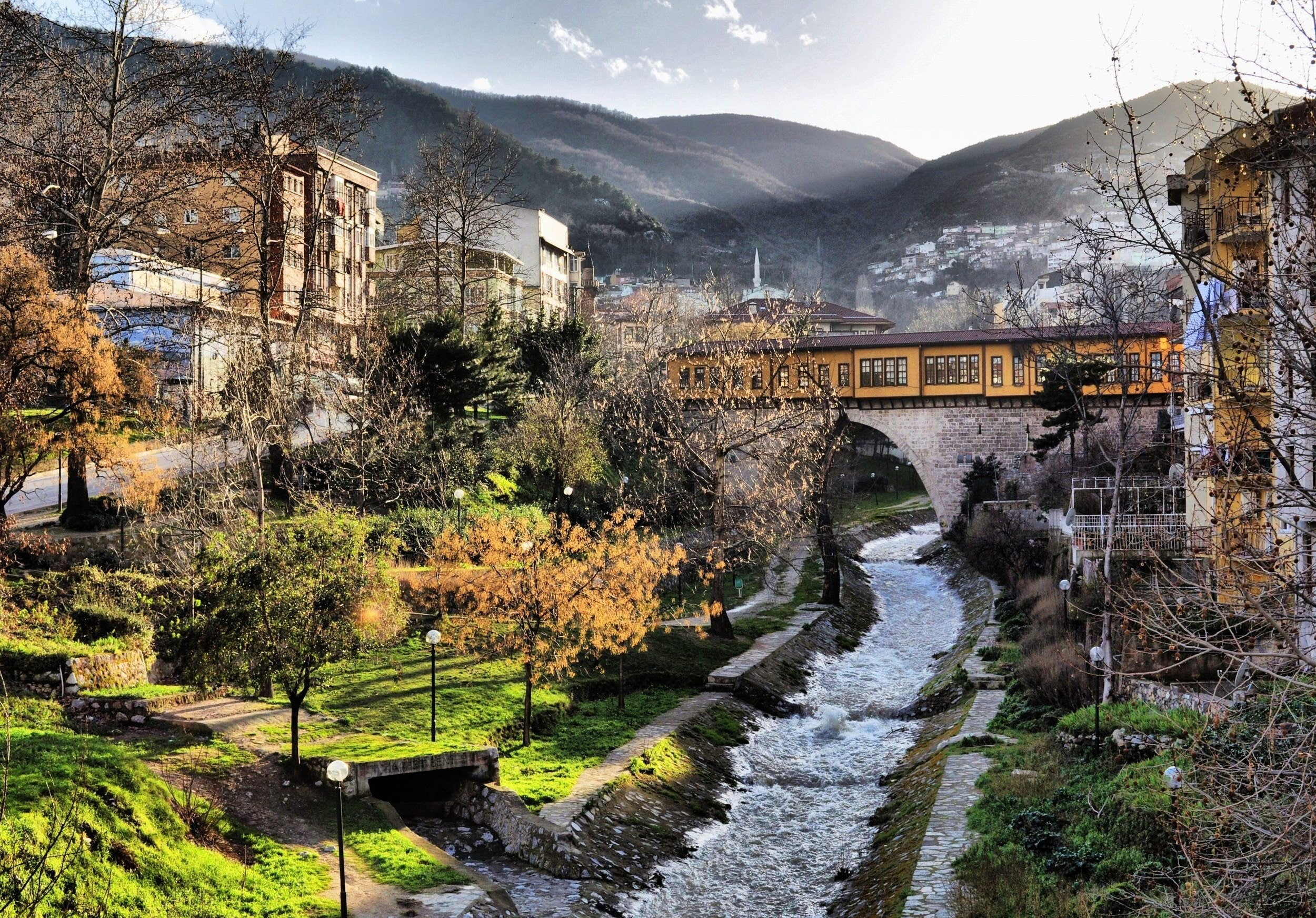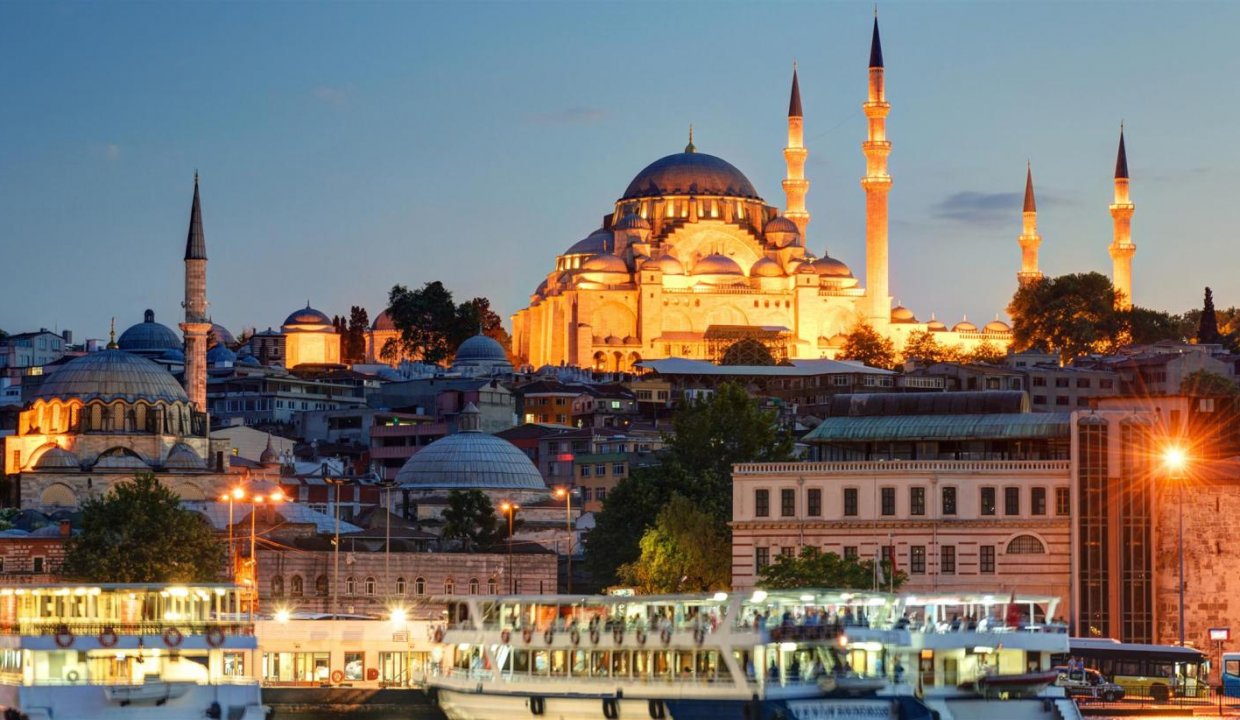Osman I or Osman Ghazi ( romanized: ʿOsmān Ġāzī; Turkish: Birinci Osman or Osman Gazi; died 1323/4), sometimes transliterated archaically as Othman, was the leader of the Ottoman Turks and the founder of the Ottoman dynasty. The dynasty bearing his name later established and ruled the Ottoman Empire (first known as the Ottoman Beylik or Emirate).
This state, while only a small Turkmenprincipality during Osman’s lifetime, transformed into a world empire in the centuries after his death. It existed until shortly after the end of World War I.
Due to the scarcity of historical sources dating from his lifetime, very little factual information about Osman has survived. Not a single written source survives from Osman’s reign.
The Ottomans did not record the history of Osman’s life until the fifteenth century, more than a hundred years after his death. Because of this, historians find it very challenging to differentiate between fact and myth in the many stories told about him.One historian has even gone so far as to declare it impossible, describing the period of Osman’s life as a “black hole”
According to later Ottoman tradition, Osman’s ancestors were descendants of the Kayı tribe of Oghuz Turks. The Ottoman principality was just one of many Anatolian beyliks that emerged in the second half of the thirteenth century. Situated in the region of Bithynia in the north of Asia Minor, Osman’s principality found itself particularly well-placed to launch attacks on the vulnerable Byzantine Empire, which his descendants would eventually go on to conquer.
The exact date of Osman’s birth is unknown, and very little is known about his early life and origins due to the scarcity of sources and the many myths and legends which came to be told about him by the Ottomans in later centuries.
Osman became chief, or bey, upon his father’s death in c. 1280. Nothing is known for certain about Osman’s early activities, except that he controlled the region around the town of Söğüt and from there launched raids against the neighboring Byzantine Empire. The first datable event in Osman’s life is the Battle of Bapheus in 1301 or 1302, in which he defeated a Byzantine force sent to counter him.
Osman spent the remainder of his reign expanding his control in two directions, north along the course of the Sakarya River and southwest towards the Sea of Marmara, achieving his objectives by 1308. That same year his followers participated in conquest of the Byzantine city of Ephesus near the Aegean Sea, thus capturing the last Byzantine city on the coast, although the city became part of the domain of the Emir of Aydin.
Osman’s last campaign was against the city of Bursa. Although Osman did not physically participate in the battle, the victory at Bursa proved to be extremely vital for the Ottomans as the city served as a staging ground against the Byzantines in Constantinople, and as a newly adorned capital for Osman’s son, Orhan. Ottoman tradition holds that Osman died just after the capture of Bursa, but some scholars have argued that his death should be placed in 1324, the year of Orhan’s accession.
Orhan Ghazi (Turkish: Orhan Gazi, also spelled Orkhan, c. 1281 – March 1362) was the second bey of the Ottoman Beylik from 1323/4 to 1362. He was born in Söğüt, as the son of Osman Gazi and Malhun Hatun. His grandfather was Ertuğrul.
In the Byzantine civil war of 1341–1347, the regent John VI Kantakouzenos married his daughter Theodora to Orhan and employed Ottoman warriors against the rival forces of the empress dowager, allowing them to loot Thrace. In the Byzantine civil war of 1352–1357, Kantakouzenos used Ottoman forces against John V, granting them the use of a European fortress at Çimpe around 1352.
Osman Gazi died in either 1323 or 1324, and Orhan succeeded him. According to Ottoman tradition, when Orhan succeeded his father, he proposed to his brother, Alaeddin, that they should share the emerging empire. The latter refused on the grounds that their father had designated Orhan as sole successor, and that the empire should not be divided. He only accepted as his share the revenues of a single village near Bursa.




